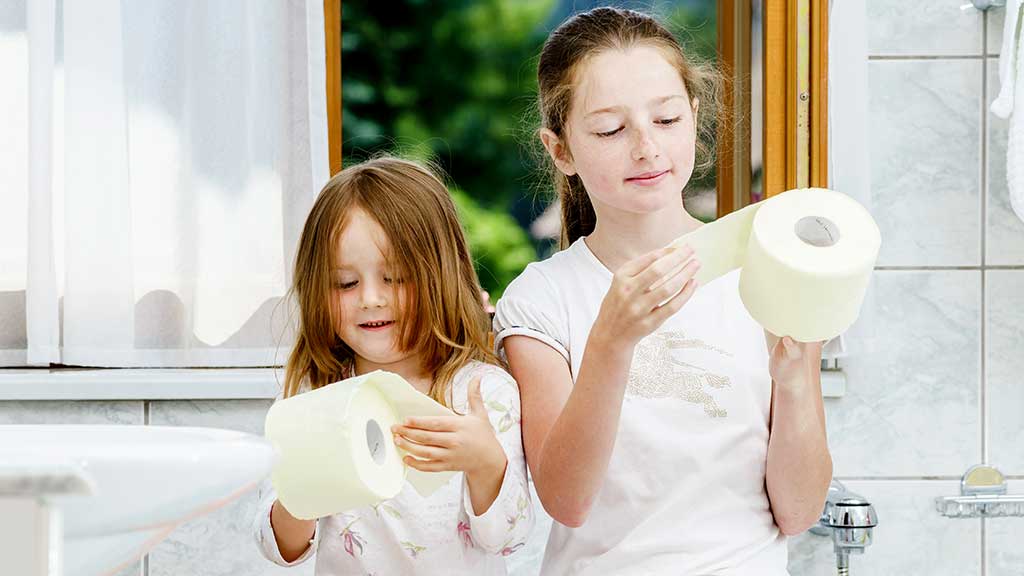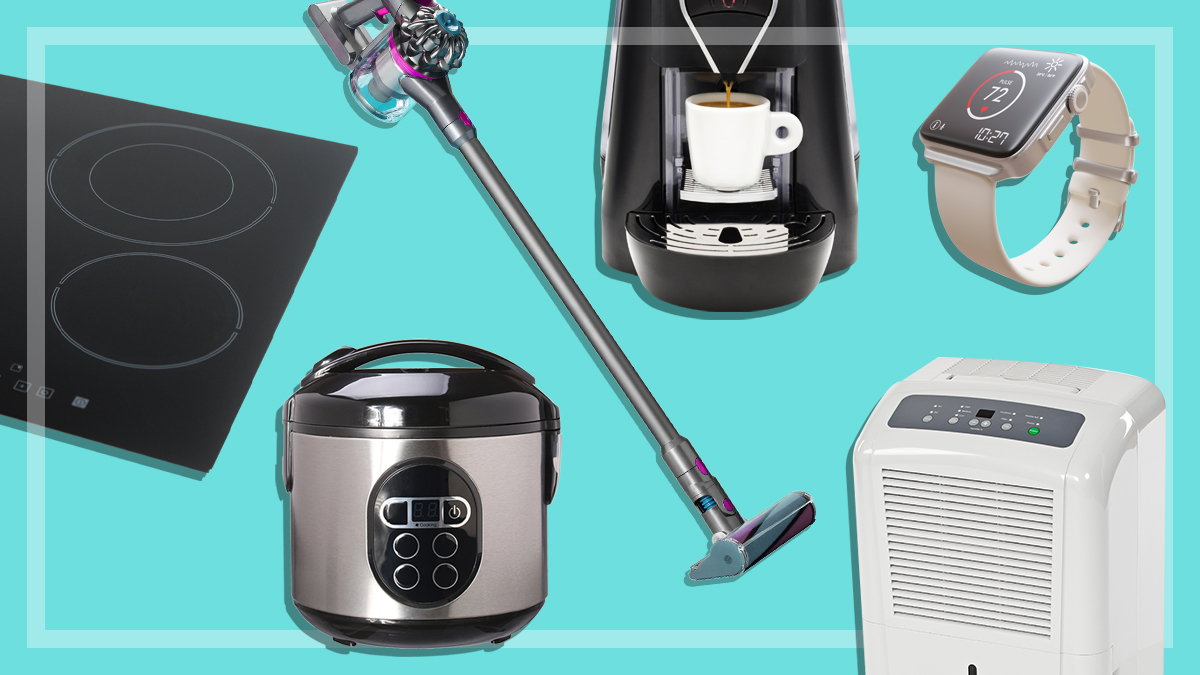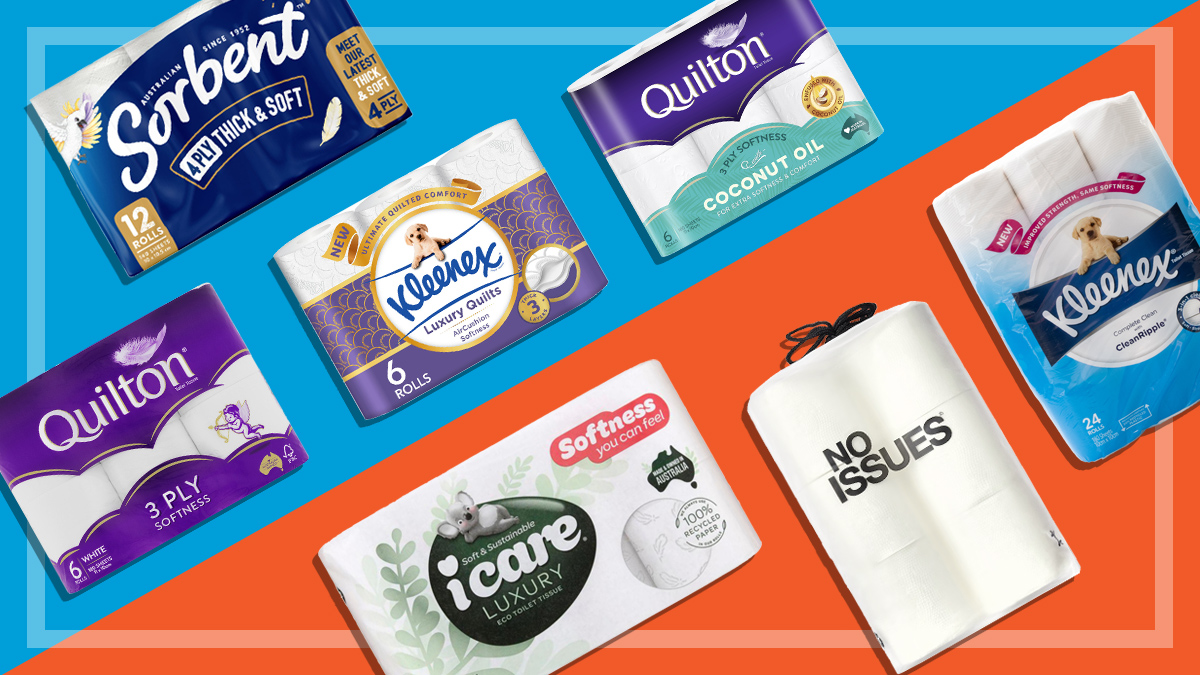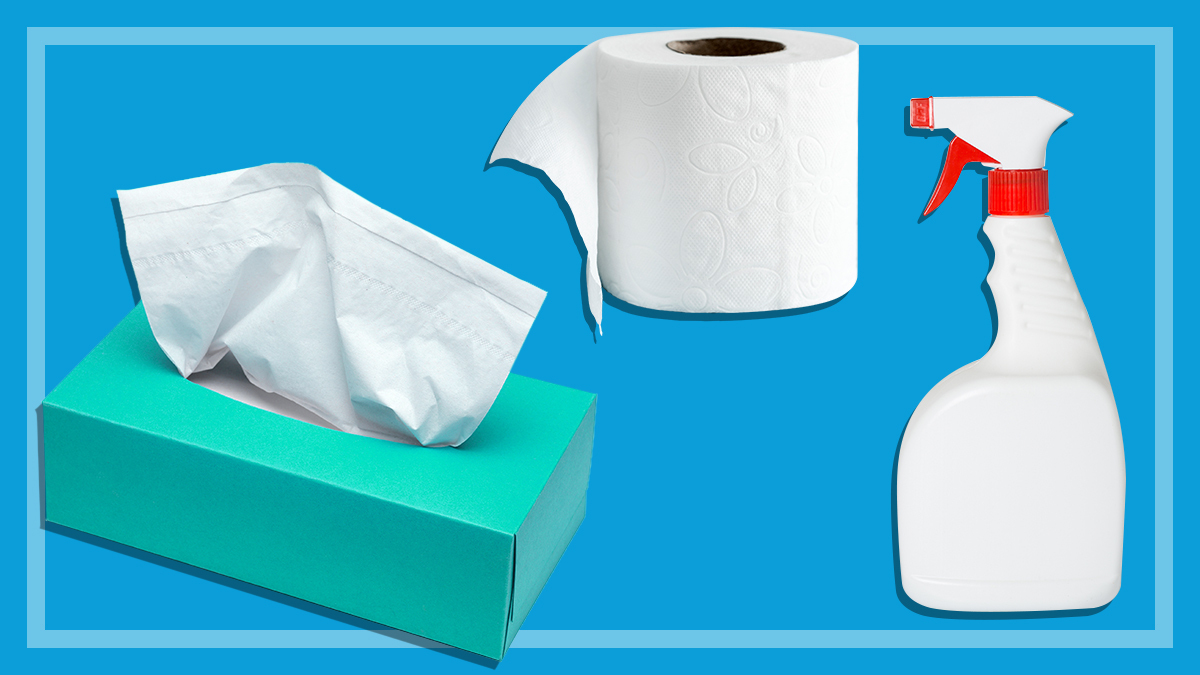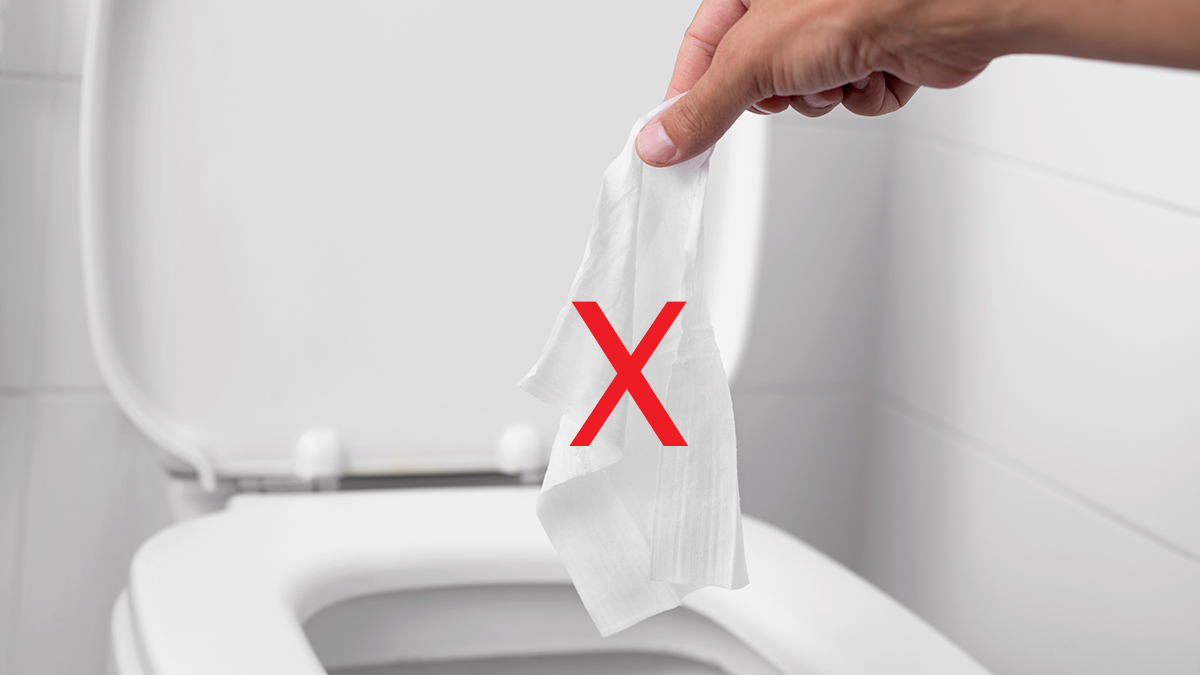Get our independent lab tests, expert reviews and honest advice.
10 common household items you should replace now

You may not realise it, but you may be hanging onto some household items that with age, consistent use and advancing technology would be much better off in the (recycle) bin.
From bacteria-harbouring chopping boards to clogged-up air filters, sagging and lumpy mattresses to water-wasting shower heads, here CHOICE experts go through 10 everyday items in your home that you should replace for better efficiency, health and safety.
1. Chopping boards
Generally we’re all aware that our kitchen cloths, sponges and tea towels need to be washed and/or replaced regularly to avoid contamination, but it’s not as well known that our chopping boards share the same fate.
CHOICE kitchen expert Fiona Mair says plastic chopping boards can be placed in the dishwasher on a hot cycle, and wooden chopping boards require extra attention such as a hydrogen-peroxide solution.
Always dry your boards well after cleaning them – find a sunny spot in your kitchen
Fiona Mair, CHOICE kitchen expert
“If you’re chopping raw meats and foods that have strong odours, such as onion and garlic, soak the board in boiling water and rub a cut lemon on the washed surface to help remove any odours,” she says.
“Always dry your boards well after cleaning them – find a sunny spot in your kitchen for your chopping boards to dry.”
When to replace: When your boards are looking worse for wear. A premium wooden cutting board could last longer than five years, but it’s a good idea to replace plastic boards at least every 12 months.
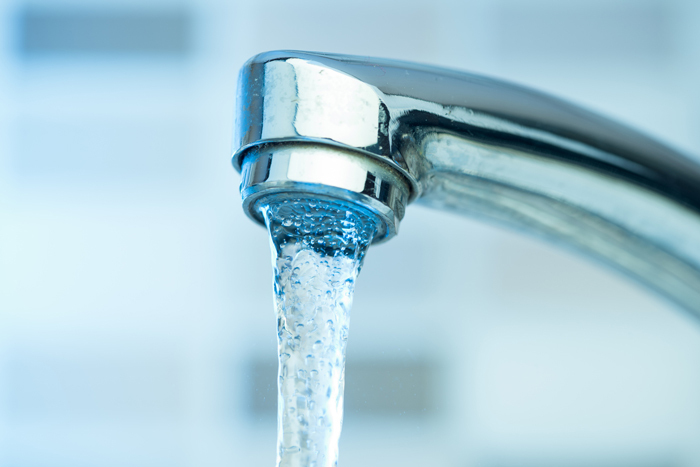
2. Water filters
Who doesn’t enjoy fresh, filtered water at home? There are so many ways to install a water filter in your kitchen – jug filters, tap-mounted filters and counter-top or under-sink systems.
But your filtered water won’t stay fresh if you don’t replace your water filters regularly, says CHOICE expert Chris Barnes, as spent filter cartridges won’t work effectively and can harbour nasty microorganisms.
“Most water filters use a carbon filter to get rid of contaminants, fine particles and odours,” says Chris. “The carbon often comes from coconut shells or other plant sources. Other filter types such as reverse osmosis are used too, usually for specific problems such as hard water (where there is a high mineral content that needs to be removed).”
When to replace: Check your filter manufacturer’s product guidelines to determine how regularly you should replace your water filter.
3. Appliances
Buying a new appliance is a big investment, so of course you’ll want to ensure it’s going to last. But all appliances have a lifespan and will deteriorate, break down and die at some point.
And the older an appliance gets, the less energy efficient it may become compared with newer models, which could be bad for the environment – and your wallet.
Repair or replace?
CHOICE’s white goods expert Ashley Iredale says that when your appliance is broken and out of warranty, you should consider whether it’ll actually be cheaper to replace it than fix it (although, for environmental reasons, some people will choose to get something repaired, even if doing so is more expensive).
Repairing should be your first option because not only do you want to avoid appliances going to landfill, but repairs may be simpler than you think
Ashley Iredale, CHOICE white goods expert
“While you might toss that temperamental toaster that cost less than $20, major repairs to a large appliance that might be nearing or at the end of its expected life will take a bit more thought,” he says.
“Repairing should be your first option because not only do you want to avoid appliances going to landfill where possible, but repairs may be simpler than you think. But once your washer, for example, is more than six years old, a major failure usually means getting a new one.”
When to replace: We’ve estimated how long a wide range of appliances should last, which indicates when you may need to replace.
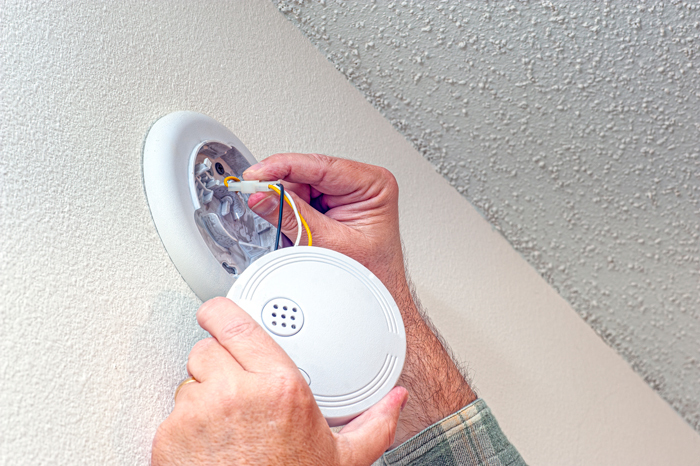
4. Smoke alarms
Smoke alarms are a potentially life-saving device we should all have in our homes. And while we hope never to need them, it’s so important to make sure they’re fully maintained and in perfect working order should the unthinkable happen.
These life-saving devices will last for about 10 years and should be tested (using the in-built ‘test’ button) by owners regularly. There are different types of smoke alarm, but battery-operated varieties will need to have their batteries replaced every 12 months. For more information, refer to the manufacturer’s guidelines specific to your smoke alarm.
Many states now require photoelectric smoke alarms, or mains-connected alarms. Make sure your new alarm meets the local requirements
Chris Barnes, CHOICE household expert
CHOICE expert Chris Barnes says: “Check the regulations that apply in your state. Many states now require photoelectric smoke alarms, or mains-connected alarms. Make sure your new alarm meets the local requirements.”
When to replace: Replace your smoke alarm every 10 years and replace batteries (where applicable) every year.
5. Steam mops and steam mop pads
These handy household floor cleaners have certainly taken the world by storm over the past few years. Our in-house product test coordinator, Antonio Bonacruz, says that, according to CHOICE’s most recent steam mop reviews, common problems with steam mops that are past their prime include excessively wet floors, water leakage, poor steam production and the mop ceasing to work altogether.
“Steam mops should come with a supplier’s warranty, however, if any fault should occur later, it might be hard to find a repairer,” he says.
Bacteria and viruses may transfer to the mop pad, so be sure to throw it into the laundry after use
Kim Gilmour, CHOICE household expert
If your steam mop does stop working, first check to see if it is still under warranty or within a period that means you’re owed a fix under the Australian Consumer Law (ACL). In these cases, the manufacturer is probably responsible for making any necessary repairs or giving you another fix, such as a refund or replacement.
CHOICE household expert Kim Gilmour adds: “Bacteria and viruses may transfer to the mop pad, so be sure to throw it into the laundry after use as the detergent is what will break down the germs. And if your floorspace is large, it’s best to change the pad mid-clean at least once.”
When to replace: Many steam mops come with a 12-month warranty and, depending on its quality, you can expect it to last about five years.
6. Shower heads
You may not think your old shower head would need replacing. But when you consider the amazing array of water-saving shower heads now on the market, it may prove to be a wise investment financially – and environmentally – to upgrade to a new one sooner rather than later.
Going from a 9L to a 7.5L flow rate can mean saving more than 5000L of water per year
Matthew Steen, CHOICE director of reviews and testing
Standard shower heads flow at about 9L per minute, which can be double that of some water-saving shower heads. But, according to CHOICE’s director of reviews and testing, Matthew Steen, while you may think that using a water-saving shower head will reduce the quality of the flow, it doesn’t have to mean a less enjoyable shower.
“If you know what to look for, you will find that a well-designed low-flow shower head can provide an experience comparable to, or even better than, a regular 9L/min shower head,” he says. “And going from a 9L to a 7.5L flow rate can mean saving more than 5000L of water per year.”

7. Mattresses and pillows
You spend so much of your time in bed over the course of your life that it makes sense that your bedding will need to be replaced at some stage. According to recent studies, changing an ageing mattress can help improve your quality of sleep, which can only be a good thing!
“A good mattress lasts an average of eight years, but it does really depend on the quality of its build and materials,” says CHOICE mattress expert Peter Zaluzny. “When you should replace it is not an exact science, but there are some clues that are good indicators that it’s time to move on.”
You can improve the longevity of your mattress by cleaning it, rotating it every few months and, if your mattress is flippable, by flipping it over. Some signs of it getting towards the end of its life may be that it’s getting uncomfortable, starting to smell or getting saggy in the middle.
When to replace: About every eight to 10 years.
8. Children’s toys
Your child’s beloved toy may also need to be replaced because of general wear and tear, or for hygiene purposes. You’ll want to make sure toys don’t become choking hazards or develop sharp edges as a result of a nasty break – and are easily washable so they don’t harbour bacteria and mildew (especially bath toys!).
Batteries are often used to produce light and sound effects in toys. They’re present in many toys including plush toys, toy cars, digital pets, early-learning watches, light-up yo-yos, games, novelty items and singing toys. Parents and carers must make sure battery compartments are secured with a screw or be otherwise inaccessible to small children.
Button batteries are a serious hazard if swallowed, as they can lodge in the throat and cause severe burns or even death
Amy Pereira, CHOICE campaigner
“Button batteries are a serious hazard if swallowed, as they can lodge in the throat and cause severe burns or even death,” says CHOICE campaigner Amy Pereira.
In December 2020, after years of campaigning by CHOICE and other organisations, the Australian government introduced mandatory safety standards for button batteries.This standard will help prevent children from gaining access to the batteries. Manufacturers, suppliers and retailers have been given 18 months to comply with the new standards.
9. Your home office chair
With so many of us working from home during the COVID-19 pandemic, we’re spending more and more time sitting in home offices for extended hours. And while it may be tempting to just make do with your ancient office chair, or even pull up a dining room chair, chances are, you’re doing your poor back more harm than good.
Nor are you likely to be as productive as you’d otherwise be in a desk chair better suited to sitting for hours at a time. When components of the chair no longer work effectively, the seat’s foam fails and sitting in the chair for extended hours becomes uncomfortable, it may be high time to invest in a new office chair.
When to replace: Every seven to eight years.
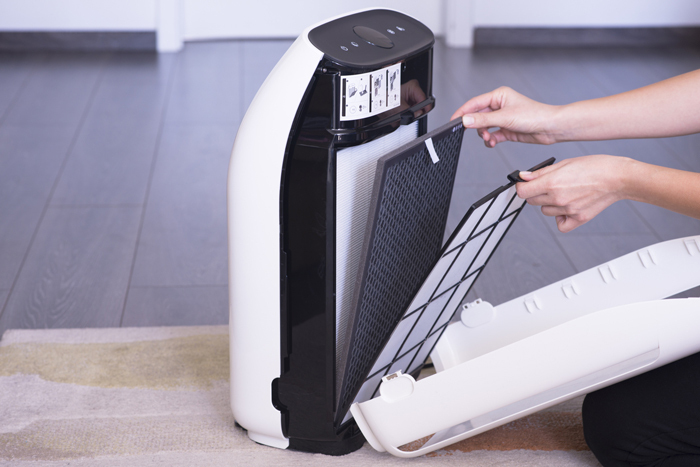
10. Air filters
Air conditioners work to maintain good air quality in your home – and that’s where filters come in. They’re designed to catch dust, and sometimes other pollutants such as pollen and bacteria, and need to be replaced for ultimate efficiency and lower running costs.
Some filters will only need a regular dust or a rinse, but, depending on the type of filter your machine uses and how often you use it, it may need to be replaced.
There are so many different types of air filters in homes, which can be found as components in air conditioners, heaters, air purifiers, vacuum cleaners and many other items. You should read the manufacturer’s advice on how regularly you should clean or replace the filters.
When to replace: Check your manufacturer’s product guidelines to determine how regularly you should replace your filter.

